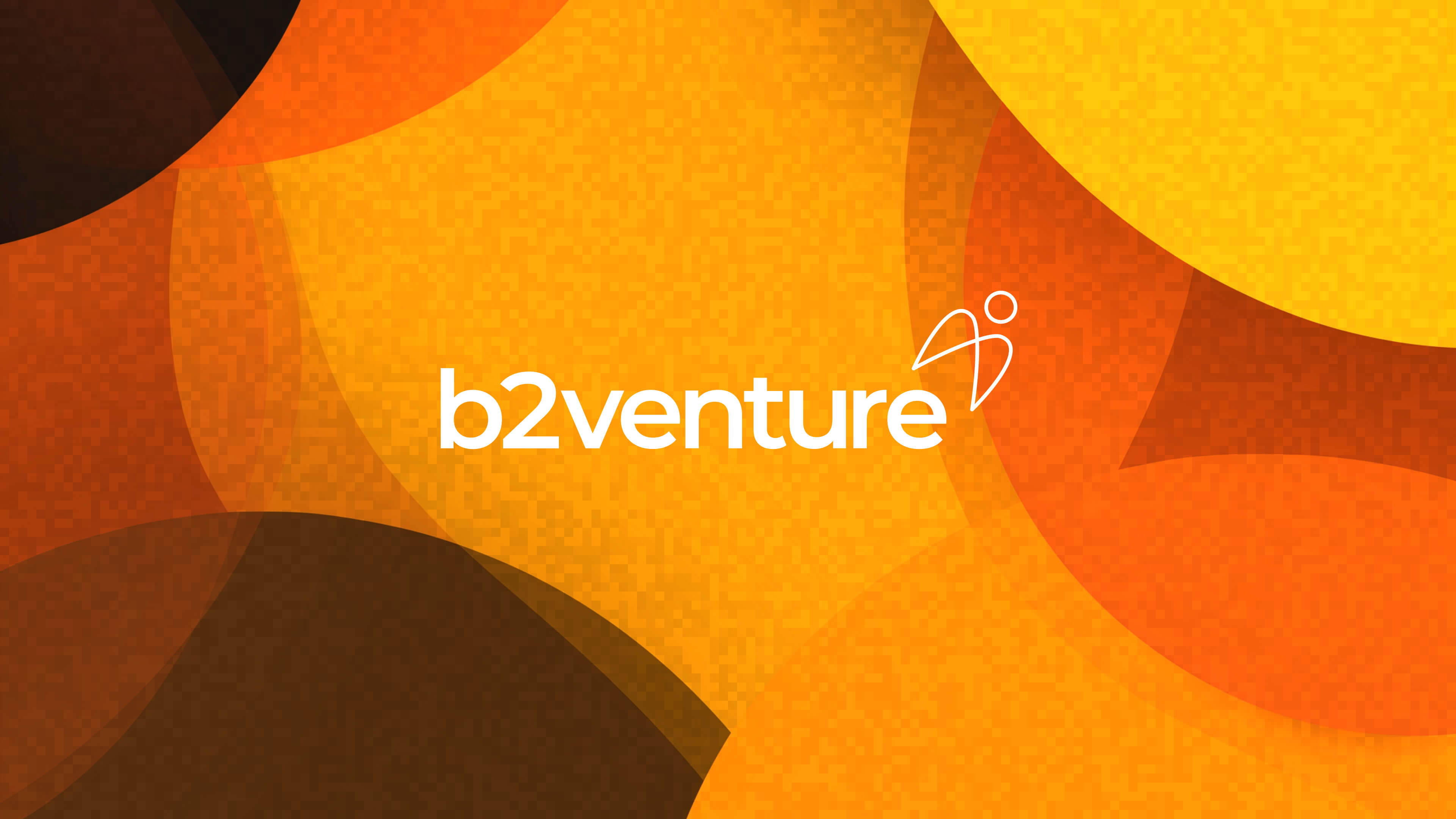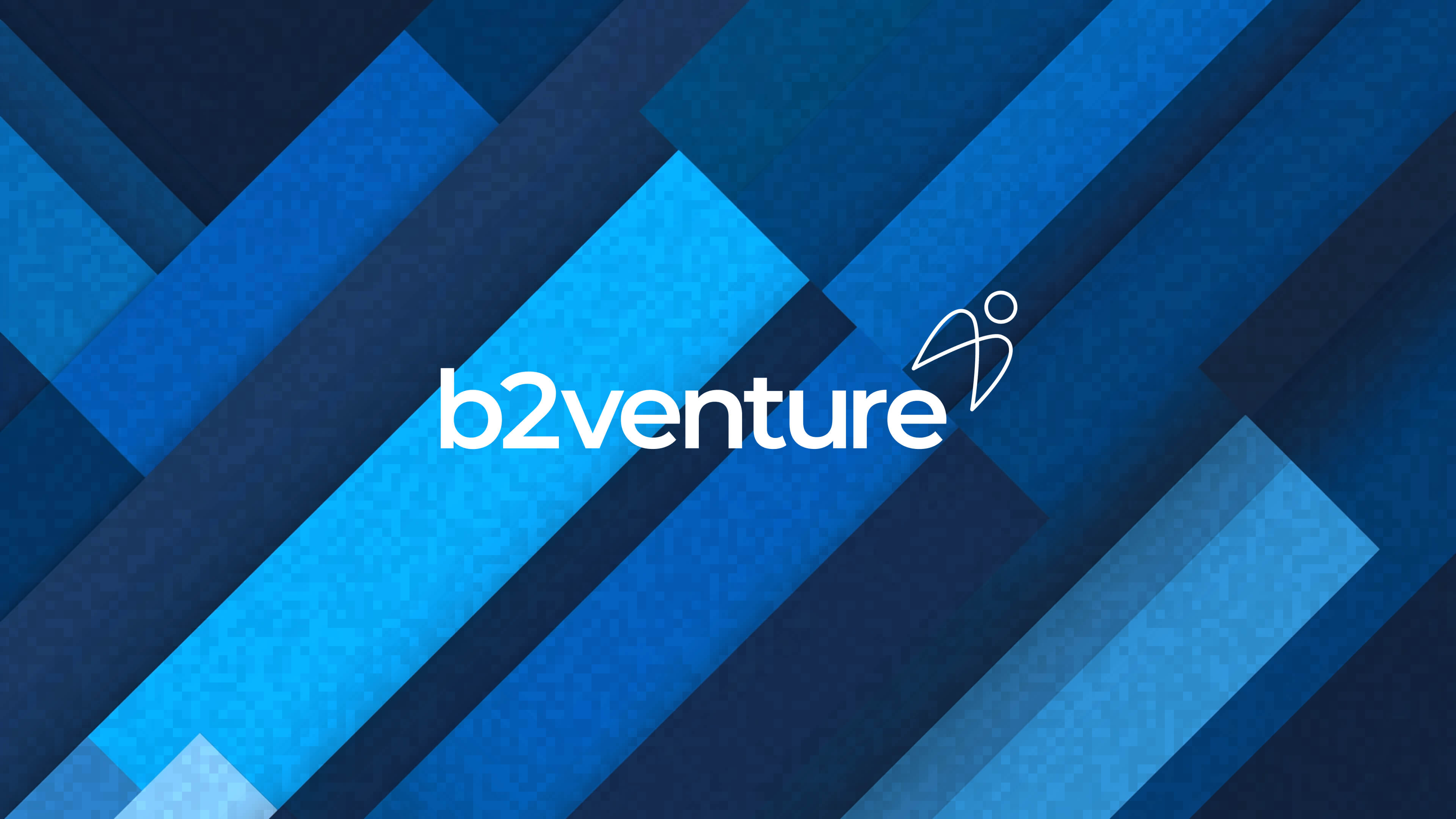In the last parts, Andreas Goeldi talked about Sequoia’s involvement with Ledgy, common mistakes when choosing a US entry point and a lack of the Swiss flywheel. In this part, we dig deeper and embark on a journey of scale and internationalization with someone who has done it both ways – both to and from the pond.
The Swiss Passport
A world-class deep tech product born in a Swiss lab is a powerful starting point, but it’s not the finish line. For a startup to reach its full potential, it must cross borders.
The journey from a domestic champion to a global player is paved with challenges: new cultures, complex legal frameworks, and fierce competition. This is where an experienced domestic VC does more than write a check – they provide a passport to the international stage.
For Andreas Goeldi and b2venture, navigating this journey is a core part of their value. Having built companies in both Europe and the US, Goeldi understands the friction of international expansion firsthand. “We are quite involved,” he states. “We can help with market entry in Germany, where we have a very strong footprint, and we have good connections in the UK and France”. But the biggest hurdle for many is the leap across the Atlantic. Here, Goeldi’s experience acts as a playbook. “We can definitely help with that jump as well because we have seen it quite a few times,” he notes, adding that he’s also done the reverse – expanding an American company into Europe, a process he found equally difficult. This dual perspective allows b2venture to act as a crucial bridge, translating the nuances of European markets for American partners and demystifying the US for their Swiss portfolio companies.
Choosing your Co-Pilots
Goeldi thinks it’s often unwise to get US investors on board in the seed stage. Although they bring significant expertise in terms of international scaling, building a domestic market first and proving yourself in Europe is crucial to building a homebase. “Yes, they have expertise, but they are relatively far away and oftentimes don’t have a nuanced understanding of the European market. Sequoia is a positive example where things went really well, but there were also times where we didn’t have the best experience with Silicon Valley investors.”
US market and labor law dynamics are quite different from a European understanding. “When it comes to cutting costs, a lot of US investors think startups can just fire people on a Friday and on Monday they’re off the payroll. That’s not how it works here in Europe, and it leads to discussions where you have to explain that. That creates friction, both in terms of strategy and culture. Bringing in an international investor makes sense when you are ready to scale in the market that they have the most expertise in.”
Goeldi names a few other international investors that proved to be an invaluable asset to their portfolio companies. “You have the large funds like NEA with Ledgy or Benchmark Capital with DeepL for example that really confirmed their reputation in terms of what they had to offer to these startups. But we have also worked with other funds that are not so well known here. Atlantic Bridge and Open Ocean were crucial for the development of LatticeFlow.”
The way Goeldi portrays these collaborations show how carefully selective you have to be. Securing international funding isn’t just about capital; it’s about bringing the right partners into the cockpit. A top-tier international co-investor can provide invaluable market access and operational expertise. A mismatched one can become dead weight. Goeldi is adamant about the distinction. “By now we know who we can trust to be really involved and who is just there for the ride,” he says. He has seen the downside firsthand. “We’ve had big-name investors who invested when a company was hot, and then when it wasn’t doing so well, these guys just stopped showing up for board meetings, ignoring the company entirely. For them, dropping 3 million on an investment within a 2 billion fund is nothing – and they start to treat their early investments more as an option for follow-ups rather than an actual seed that needs attention and care to grow. That’s not something we find acceptable”.
b2venture ensures the Swiss footprint by staying on the board for a long time. “We typically keep our board seat for quite a while, even though we are typically the first investor. I’m still on the board of Ledgy and LatticeFlow, currently as an observer, but still in an active role because I’ve known the company the longest out of everybody on the board.
You get deeply involved in these strategic discussions and our role is oftentimes to provide the historical and cultural context to newer additions to the board. While other board members can help more with a UK or US expansion, our job is to keep the Swiss DNA and ensure the European presence – that is the division of labor with which we support the startups in the best way possible.”
New York Isn’t a Strategy
For Swiss startups, the US market often represents the ultimate scaling challenge. It’s a land of opportunity, but also a graveyard of simplistic expansion plans. Goeldi is quick to dismantle the most common – and costly – mistake. “A typical mistake is the idea of, ‘Oh, we’ll just hire a sale person in New York City and then the rest will happen automatically.’ That never happens,” he warns. His advice is unequivocal: a founder needs to be on the ground. “You need somebody who can hire locally, appear in front of customers, and instill the right kind of culture in the team you’re building. We have seen it fail when founders were not present locally. Ledgy’s main market right now is the UK because that is where the market is the most mature – and that is where they spend a lot of their time.”
The second fallacy is treating the United States as a monolith. “I have found in my US time that selling to somebody in Texas or New York or Silicon Valley is a completely different planet; they are very different business cultures,” Goeldi says. Understanding these regional nuances, from networking etiquette to legal requirements, is critical. An experienced domestic VC who has navigated this landscape can provide the playbook that prevents a promising startup from making easily avoidable – and expensive – errors.
Tipping the Scales towards Switzerland
For years, the narrative for Swiss startups was that true success required relocation. Today, that script is being flipped. The world’s top investors are no longer waiting for Swiss companies to come to them; they are actively coming to Switzerland.
“The Americans have definitely discovered Zurich as an AI hotspot,” Goeldi notes. “A few years ago, they barely knew how to find Switzerland on a map, but now everybody’s throwing dinners here”.
Goeldi also highlights other areas where Swiss startups are gaining market leader status: “Apart from AI, robotics is also a field that is gaining a lot of traction in Switzerland.” BioTech has been a field that’s always been on an investor’s map, but Switzerland’s ability to combine industries such as robotics and biotech with AI is almost unmatched. “It’s truly inspiring to see these industries come together and to see how extraordinarily well Swiss researchers and entrepreneurs are able to incorporate AI in a meaningful way.” This gain in international recognition can also be attributed to the ecosystem development in Switzerland, according to Goeldi. A lot has been done to create resources and come together as a community.
He points to the annual START Summit in St. Gallen as proof. “A few years ago, almost no American funds showed up. Now, Sequoia and others are throwing side events. It’s a must-go for them because they say, ‘We have to be present in the Swiss ecosystem’”.
This shift makes a strong Swiss lead investor more valuable than ever. They act as an anchor, ensuring that as a startup scales internationally, its core remains intact. The case of LatticeFlow, which moved its legal headquarters to London at an investor’s request, is a prime example. “Nothing has changed in terms of the talent map,” Goeldi clarifies. “Almost everybody is still here. Maybe ten years ago, American investors expected founders to move their headquarters to Silicon Valley, nowadays that happens rarely.”
The operational center of gravity didn’t move.
This is the new model for global success: scaling abroad without hollowing out at home.
More about b2venture
-

Andreas Goeldi from b2venture shares insights on scaling startups, bridging tech and business, and strengthening Switzerland’s deep tech ecosystem.
-

From ETH labs to global markets: Andreas Goeldi backs Swiss deep tech startups like Ledgy and LatticeFlow AI, proving timing is everything.